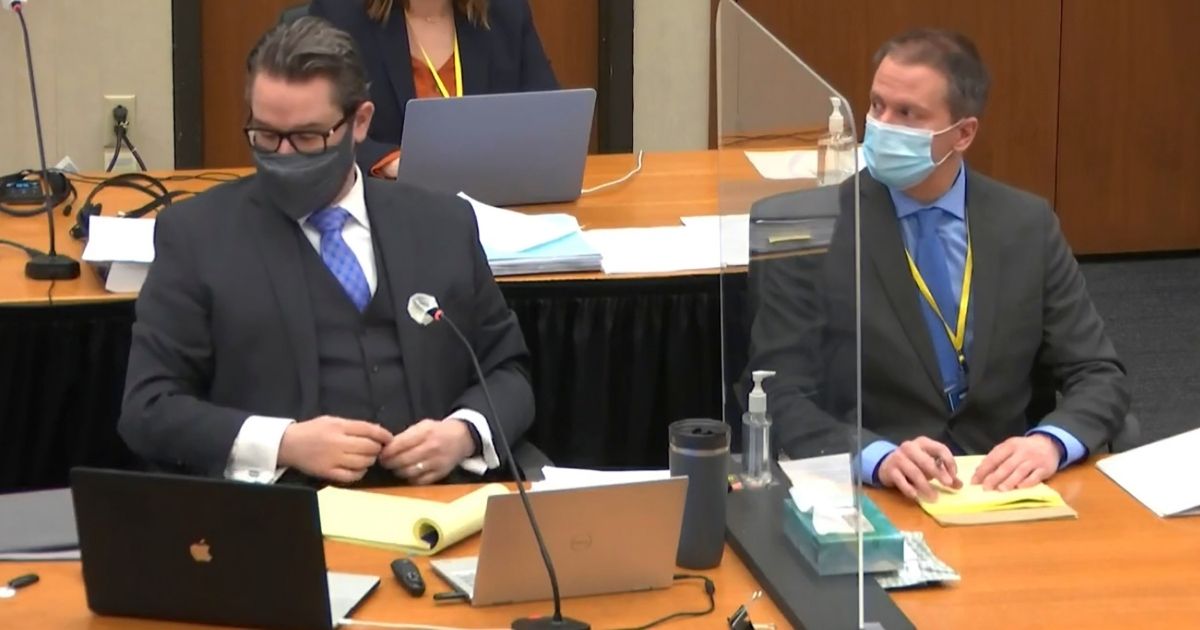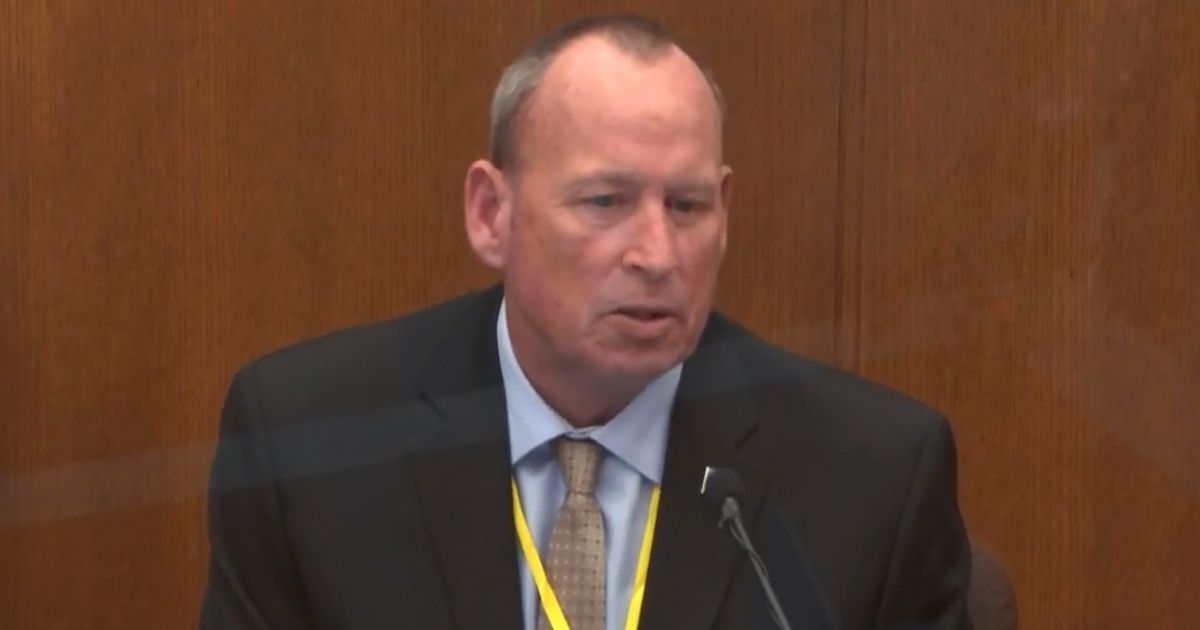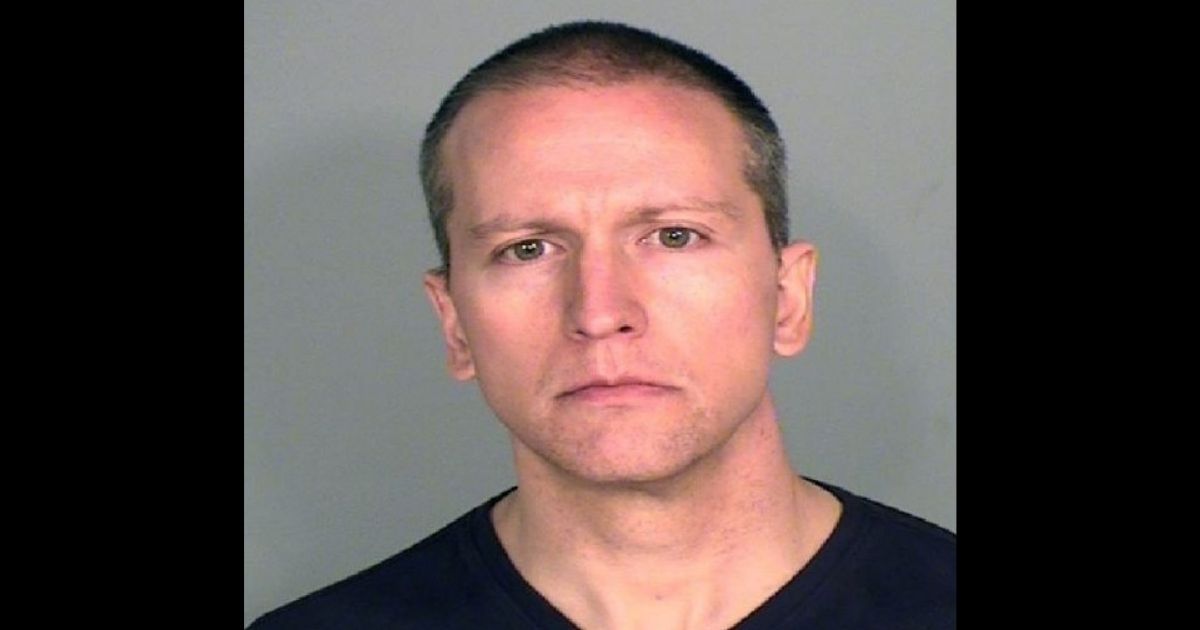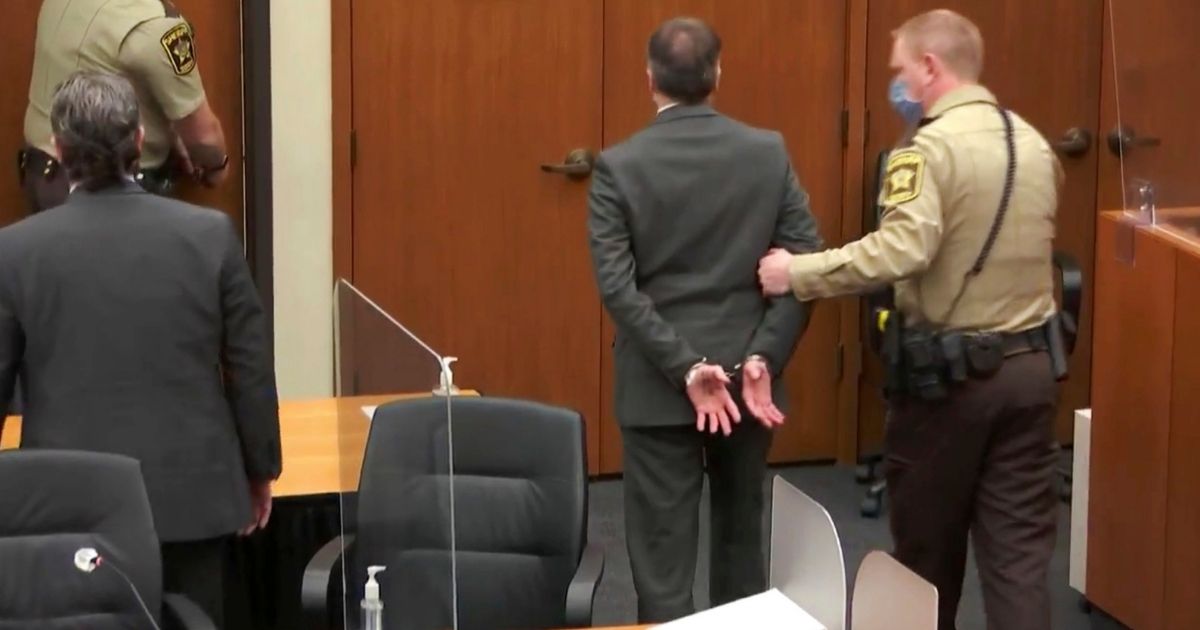
The Chauvin Trial: Episodes from the Trial of the Decade
In a year full of trauma and turmoil, George Floyd’s death was without a doubt the seminal moment of 2020.
Not only did the May 25 event propel the Marxist Black Lives Matter movement into the mainstream, but the many demonstrations that followed also helped to normalize rioting and looting across the country.
The subsequent trial of Derek Chauvin (on April 2o, Chauvin was found guilty on all charges), the former Minneapolis police officer who had knelt on Floyd’s neck for several minutes prior to his death, will also have aftershocks likely to be felt for generations.
Here’s our running look at the Chauvin trial, its fallout and Chauvin’s case for appeal:
Episode 1: The State’s Case Rests on Experts and Emotion

Emotional testimonies and expert witnesses buttress the prosecution’s case for conviction, albeit whether the evidence presented was enough to quash the reasonable doubt standard remains in question.
Multiple medical examiners agreed that Floyd’s death was indeed caused by Chauvin, and many of the defendant’s former colleagues claimed his restraint of Floyd was excessive use of force.
Episode 2: Video of Floyd’s 2019 Arrest Bolsters the Defense’s Case

Chauvin’s defense begins its case with compelling evidence, namely, bodycam footage of George Floyd’s 2019 arrest.
In showing the footage, Chauvin’s attorney — Eric Nelson — hoped to show parallels to the erratic behavior displayed by Floyd during the 2020 arrest.
The Verdict

The jury’s verdict shocked many, with Chauvin being found guilty of second-degree unintentional murder, third-degree murder and second-degree manslaughter. A second-degree murder conviction in Minnesota carries a maximum sentence of 40 years behind bars.
Many believed that Chauvin’s crime didn’t definitionally fit the two murder charges, which made the jury’s determination somewhat of a shock to many who had been closely following the case.
Episode 3: Democrats Gift Chauvin a Case For Appeal

Democrats may have handed Derek Chauvin a get-out-of-jail-free card, thanks in large part to Democratic California Rep. Maxine Waters’ comments at an anti-police protest in Brooklyn Center, Minnesota. Following a series of riots prior to the Chauvin verdict, Waters suggested protesters should get “more confrontational” if the trial did not go the way anti-police activists were hoping it would.
Given that the jury was not sequestered, this has led many to believe the case may be thrown out in appeal. Prior to the jury’s deliberations, Judge Peter Cahill suggested as much as he chastised Waters and other politicians who commented on the case.
The Appeals Process
More episodes are likely to follow as Chauvin is likely to attempt to appeal the verdict.
Under Minnesota law, from the day the verdict was announced, he has 90 days to appeal, according to ABC News.
From there, it could take roughly one year for the process to run its course.
And, every step of the way, The Western Journal will be here to provide updated coverage of the latest developments.
Truth and Accuracy
We are committed to truth and accuracy in all of our journalism. Read our editorial standards.
Advertise with The Western Journal and reach millions of highly engaged readers, while supporting our work. Advertise Today.












